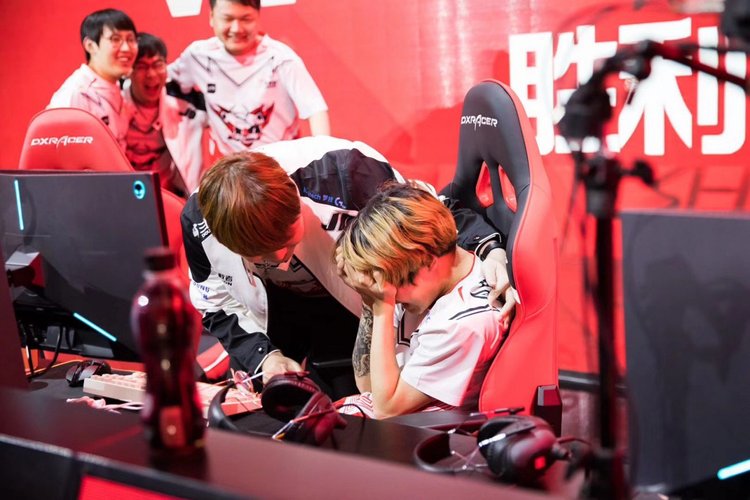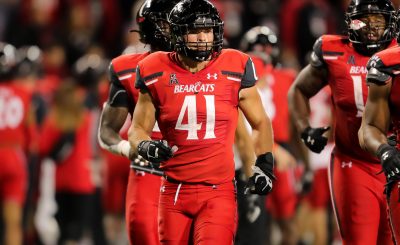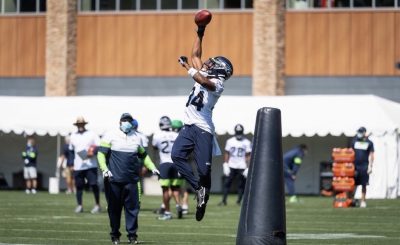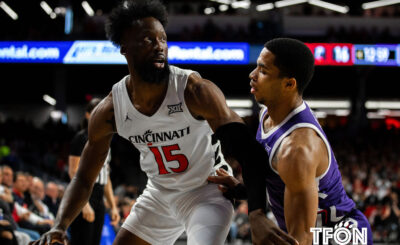Coming into the playoffs of China’s League of Legends Pro League (LPL) Spring Split, the general consensus towards JD Gaming was they weren’t going to make any noise. Sure, squeaking by the first-round of the postseason would garner some heap of praise, but going further beyond that? That might have just been wishful thinking on their fans’ part.
Amazingly though, against all odds, JDG went on to defeat three of the best teams in the region: Team WE, Royal Never Give Up, the two-time defending split and Mid-Season Invitational champion, and FunPlus X, the first placed team of the split. Adding into the absurdness, they defeated the latter pair by coming back from 2-1 deficits in both series.
How did this happen for a team that finished with a 9-6 record and reached the playoffs despite losing their last two regular season games? A team that dropped from fifth to eighth place almost expeditiously?
A team that found their way to the LPL in 2017 after buying out QG Reapers?
A team consisting of an enigmatic albeit skillful lineup whose players possess humbling upbringings?
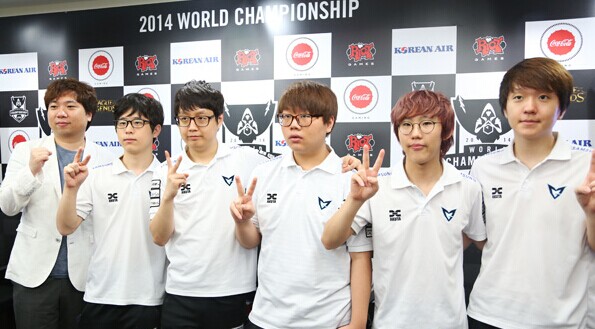
For clarification, one was in an LPL mid-table team and a CK (Challengers of Korea) team that was nearly promoted to the LCK (Sung “Flawless” Yeon-jun); three were in the LSPL (LoL Secondary Pro League) for two years prior to signing with JDG (Zhang “Zoom” Xing-Ran, Zeng “YaGao” Qi, and Zuo “LvMao” Ming-Hao); and one was thought to have peaked in their prime five years ago as a member of Samsung White (Gu “Imp” Seung-bin).
Did they use any semblance of performance-enhancing drugs to become such an immovable object? Or maybe they outmaneuvered their rivals by implementing a surreptitious strategy?
Really, the answers to those deafening questions were quite simple.
There was none.
There was no special formula used at the start of playoffs that gave them hyper-quick reaction times or hastily improved technical prowess which provided their players a clear advantage. There was no confounding strategy that embodied their unexpected appearance on the winner’s podium without breaking a sweat. There weren’t any backdoor persuasive appeals to the referees that later gave influence over the result of any of the aforementioned series. There was none of that.
All JD did was adapt and play their game.
Or, in other words, ride on Zoom’s coattails.
When JDG fell behind in the RNG series, their top laner, Zoom, took matters into his own hands and opted to hard carry his team henceforth. And boy did he ever. As a result, in Games 4 and 5, Zoom accumulated a KDA of 15/0/16, grabbing the momentum back in JDG’s favor and eventually ending it with ultimate victory.
And if that juncture didn’t satisfy doubters, then they should look into Game 5 of the FPX series for further validation. Deep in the late game, while FPX and JDG were in a deadlock for the elder dragon, Zoom, playing as Gangplank, teleported himself to a bush in the bottom lane to creep up on the retreating FPX players, holding in his possession the element of surprise. When his teammates led the enemy toward his direction, Zoom, backed by the unforgiving power of his powder kegs, mercilessly killed them quickly. This sequence effectively sealed JDG the W because less than a minute after the ambush, they tore down the enemy Nexus amidst gasps of shock from the spectating crowd.
